The president is the highest office in the gift with' people. The vice-president is the next' highest an' th' lowest. It isn't a crime exactly. Ye can't be sent to jail for it, but it's a kind iv a disgrace. It's like writing' anonymous letters.
—Peter Finley Dunne, American humorist writing in 1904 as his character Mike Dooley
The vice presidency has always been an awkward role. From the first vice president, John Adams, complaining it was, "the most insignificant office ever the invention of man contrived or his imagination conceived" to the hapless Selina Meyer in VEEP, our nation's second office has always seemed to belittle its occupant.

Even sitting vice presidents following popular presidents have found it difficult to be elected in their own right—ask Al Gore (2000) or Richard Nixon (1960).
After eight years, the public is ready for someone new, and the VP is seen as a lesser version of their president. They can try to distance themselves (as Gore did) but after years of close association with the president, the public is unpersuaded.
A vice president running in the wake of an unpopular one-term president has it even harder—ask Hubert Humphrey (1968.) If the president chooses not to run again, things are pretty bad. Humphrey's numbers improved a bit when he distanced himself from Lyndon Johnson and the unpopular Vietnam War, but not enough and too late.
This brings us to Vice President Kamala Harris.
Democrats will oscillate between anger, introspection, and disbelief for the next several years, but the best explanations are the simplest ones. Biden was not popular. Unpopular presidents are not re-elected. This simple graph, by the eminent political scientist John Sides of Vanderbilt shows clearly, that the president's popularity in June of the election year is a very strong predictor their election performance.
Americans did not think the country was "headed in the right direction." People were extremely upset about inflation. Biden presided over the disastrous Afghanistan withdrawal.
Voltaire said, "Medicine is the art of humoring the patient until nature takes its course."
The same can be said about politics. There were no easy policy solutions to inflation or Afghanistan. Persuading the American people that these were costs to be borne and challenges to overcome would have required rhetorical genius. Lincoln might have managed it, but this political legerdemain was beyond both President Joe Biden and Harris.
Historically, it is hard to argue that any vice president was credited for their performance in the role. In my research, I found many instances of vice presidents making substantial contributions to their administration, but most of it is inside baseball advising the president and serving as a trouble-shooter on key issues. George H.W. Bush's role as crisis manager in the Reagan administration or Gore's yeoman work re-organizing government were hardly credited by voters when they ran for the top job. Even Dick Cheney, the most powerful vice president in history, achieved more attention for shooting a hunting companion in the face than for his policy work.
Harris, like her predecessors did valuable policy work, leading task forces on an array of issues and representing the administration abroad. She announced bold policies on space and artificial intelligence.
All of this pales in comparison to her disastrous interview about immigration policy. Even though her actual work on the issue was solid, the best that could be hoped for was mitigating this intractable issue. You don't get a second chance to make a first impression, and Harris seemed callous on an issue that clearly resonated with a vast number of Americans. The 2024 election did not entirely turn on a single interview from years ago. But it highlighted how this administration, despite its substantial policy accomplishments, was unable to address how the majority of Americans felt.
Is the United States ready for a woman president and a woman president of color? Maybe. But she'd be better off not being associated with a bout of high inflation. Gretchen Whitmer, take note for 2028.
Speaking of 2028, political science loves 2x2 charts. The scenarios of vice presidents attempting to succeed a popular two-term president or an unpopular one-term president were discussed. But one of the other two scenarios, a vice president attempting to either succeed a popular one-term president or an unpopular two-term president, will be the case in 2028.
Will Trump be considered a popular one-term president (having conveniently forgotten his first term) leaving VP Vance well-placed to be the right person to carry the banner forward? This is the best scenario.
Or will Vance face the worst scenario, Trump as an unpopular two-term president with a public hungry for change. So far, the only certain lesson of the 21st century is that anything is possible.
Aaron Mannes is a lecturer and research associate at the University of Maryland School of Public Policy, where he did his PhD dissertation on the national security role of the vice president. Views expressed here represent his views only. His ongoing research on the vice presidency can be found here. X: @awmannes Substack: @downthehall
The views expressed in this article are the writer's own.
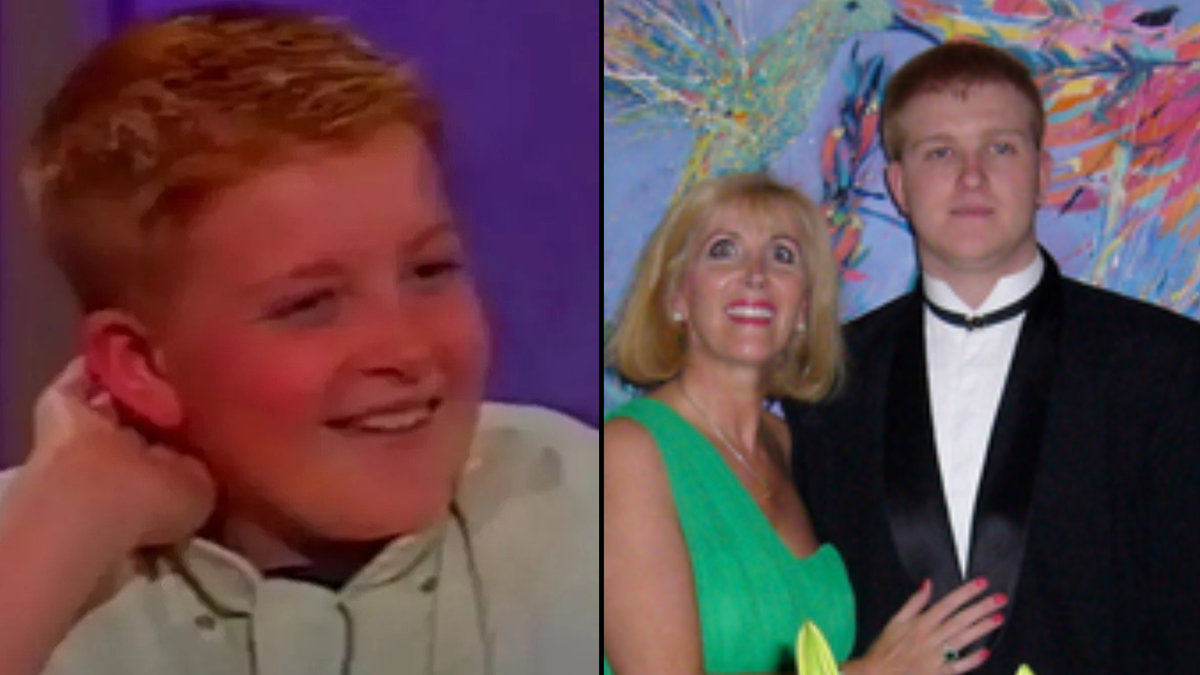

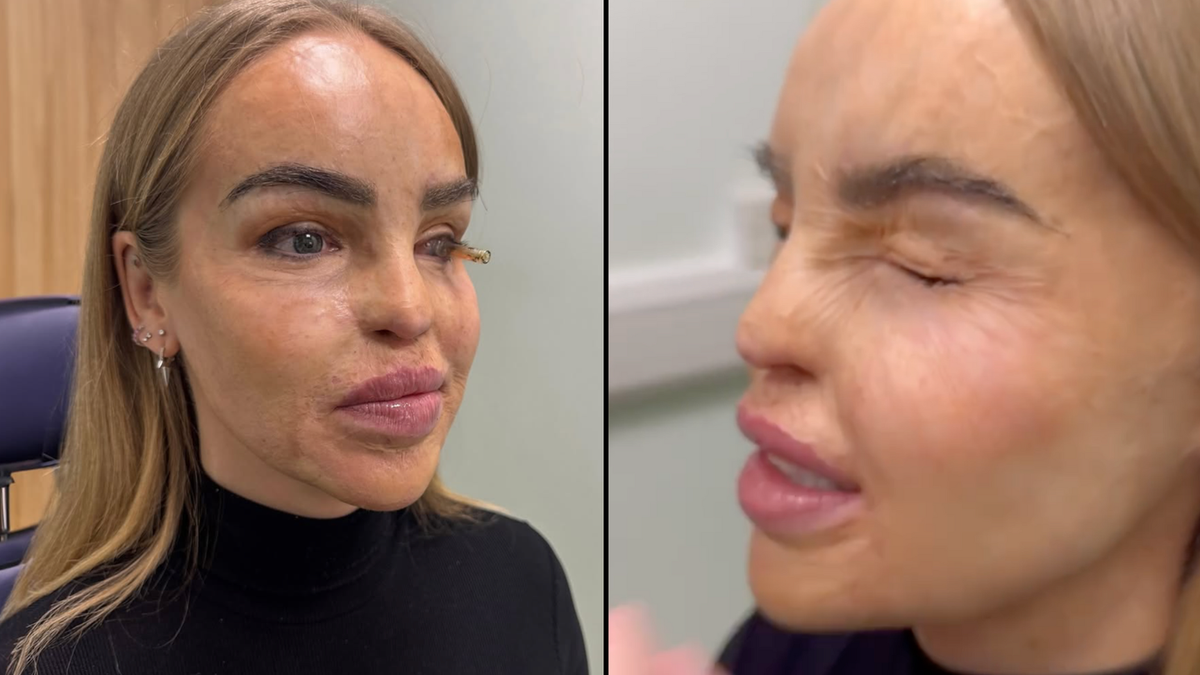




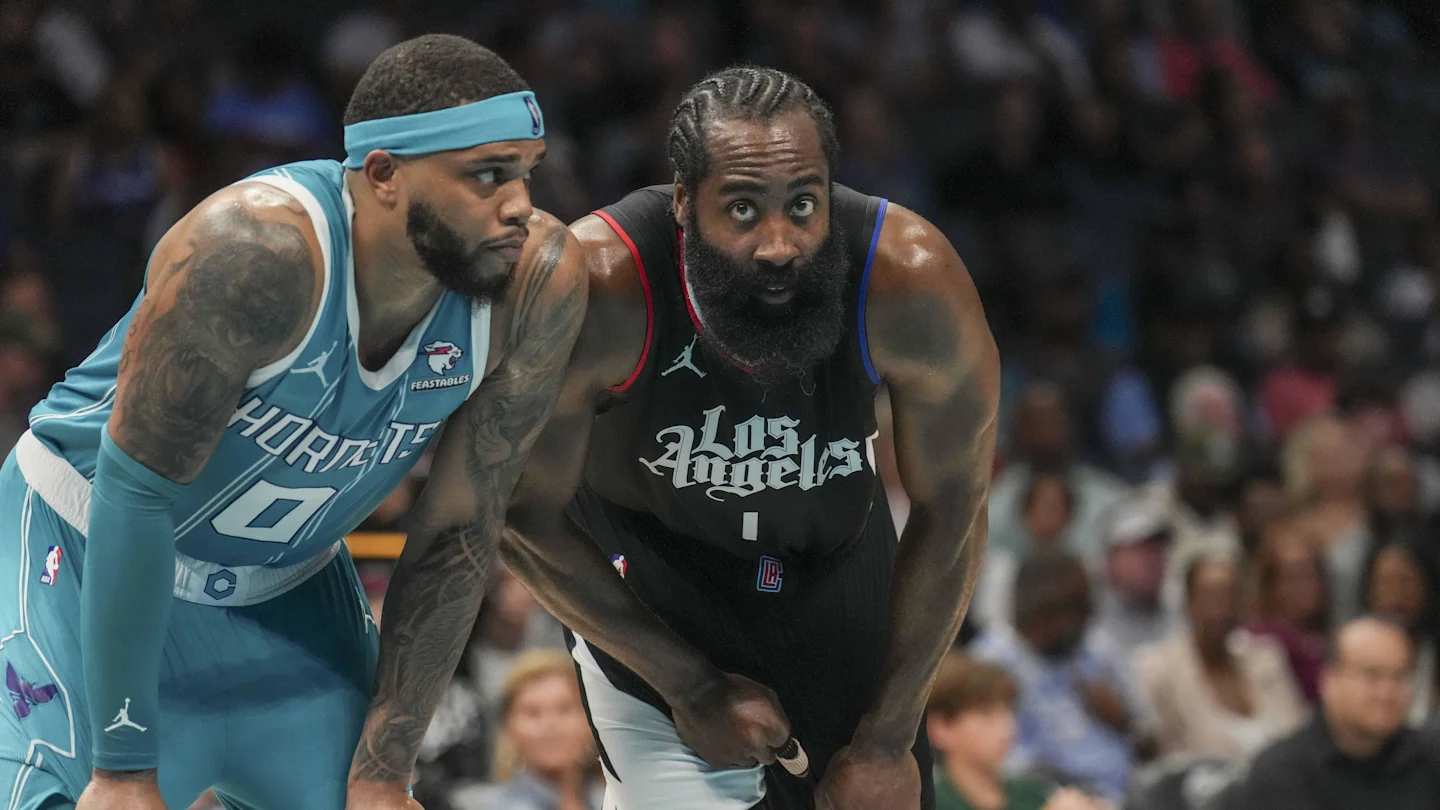
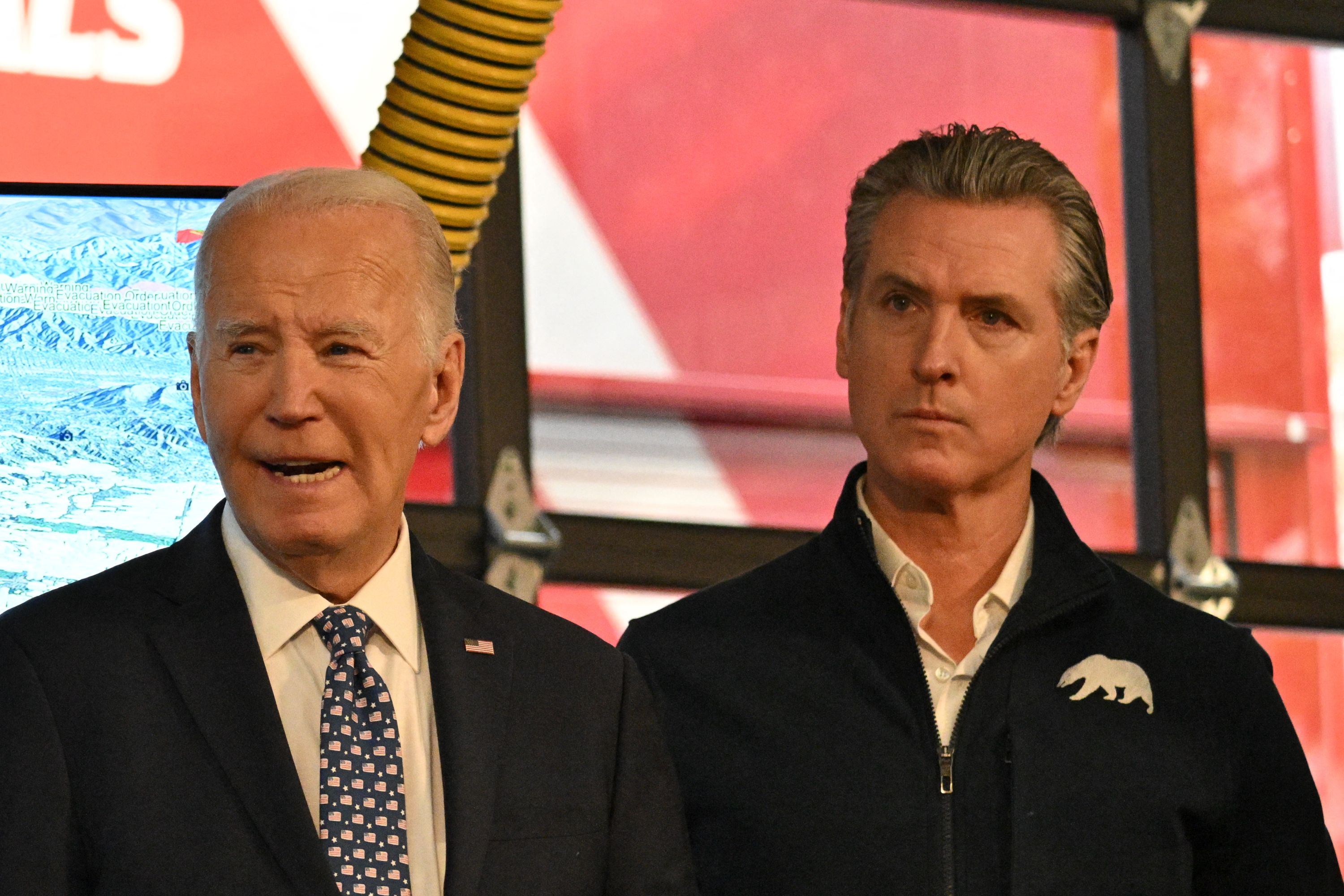


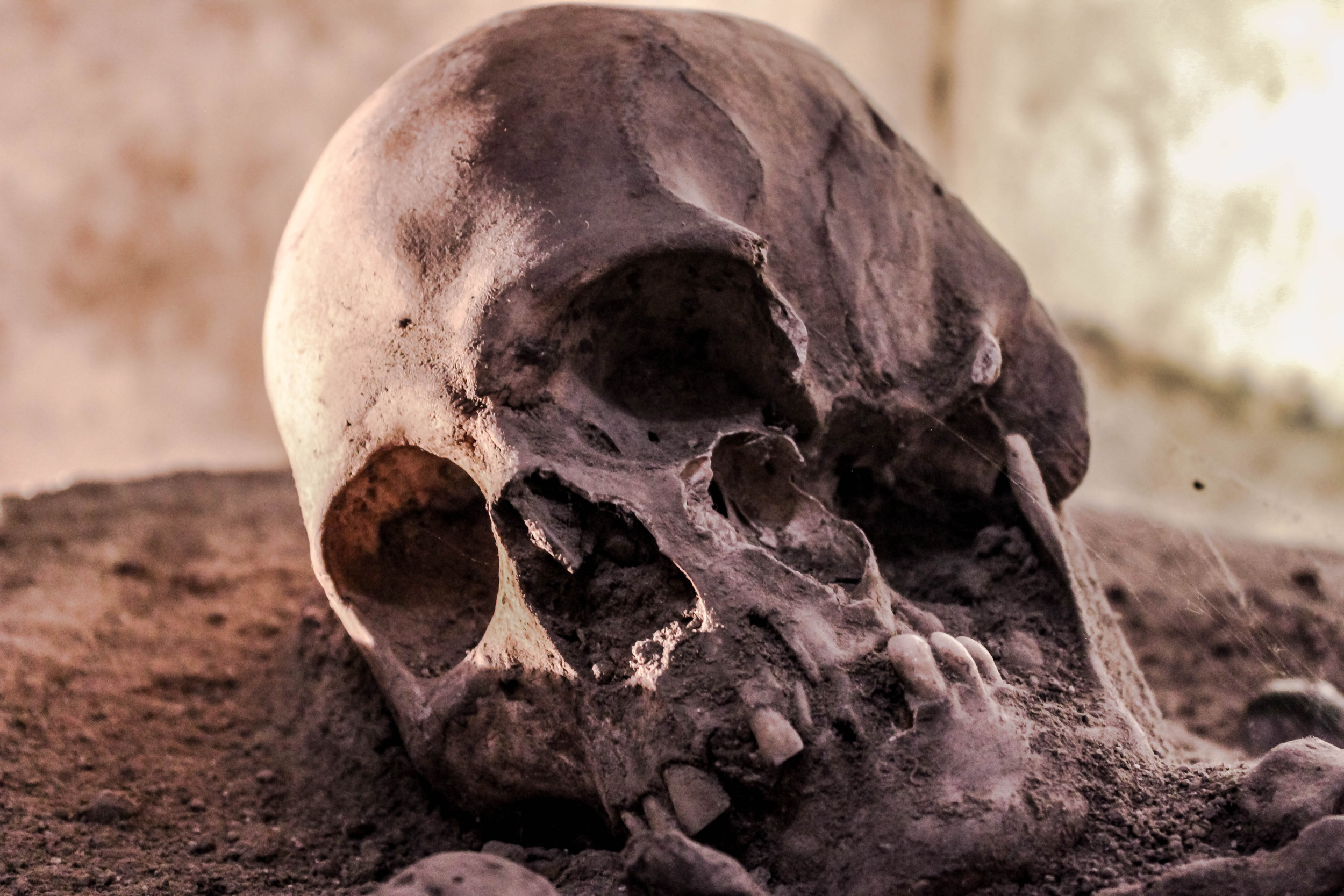








 English (US) ·
English (US) ·